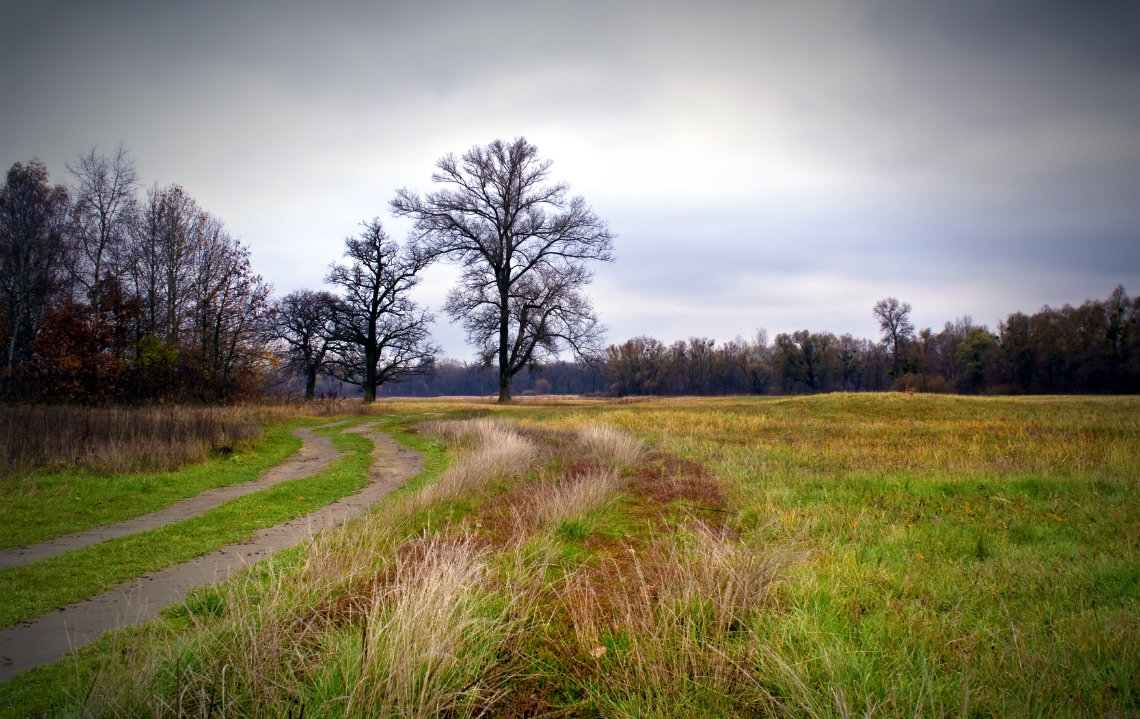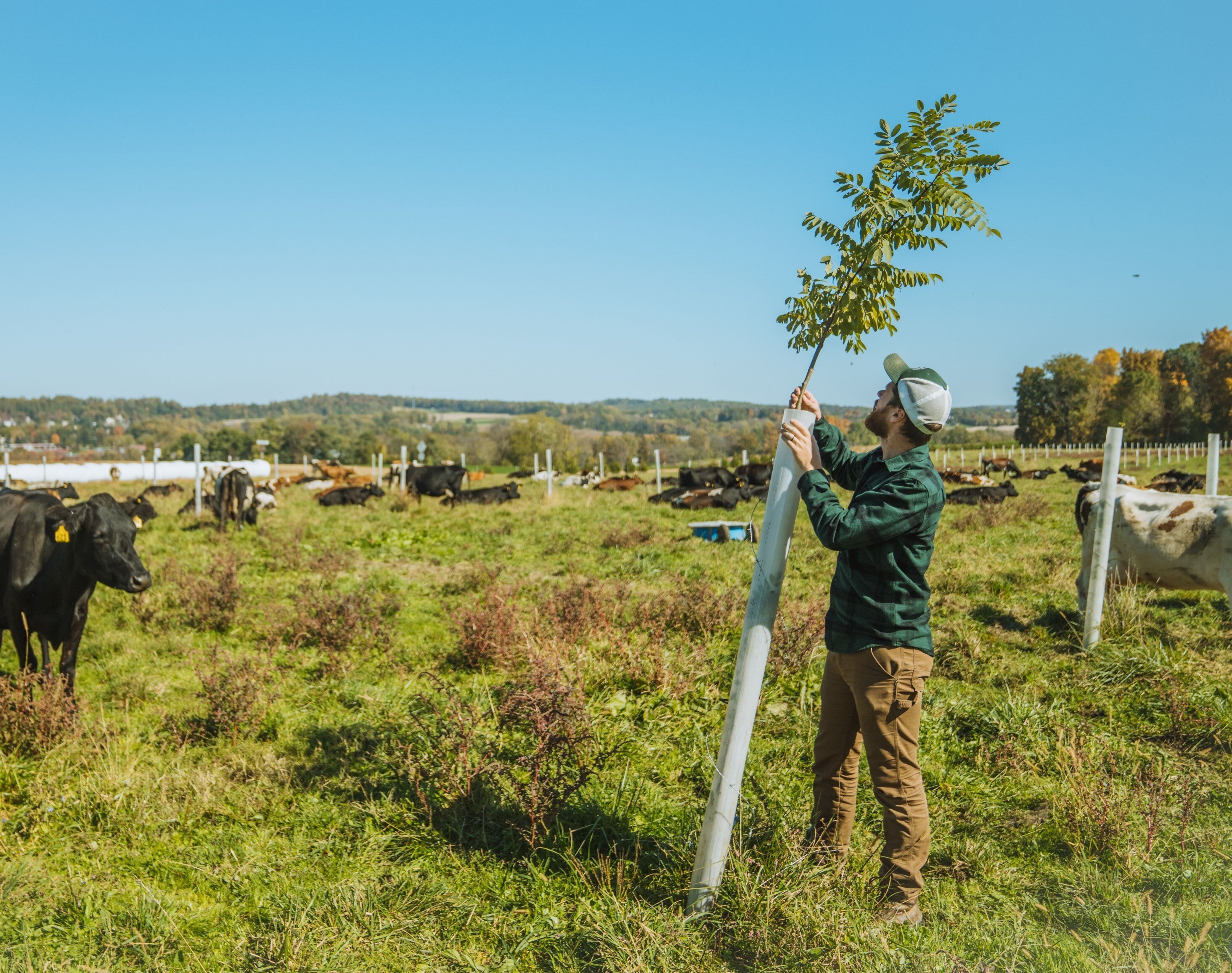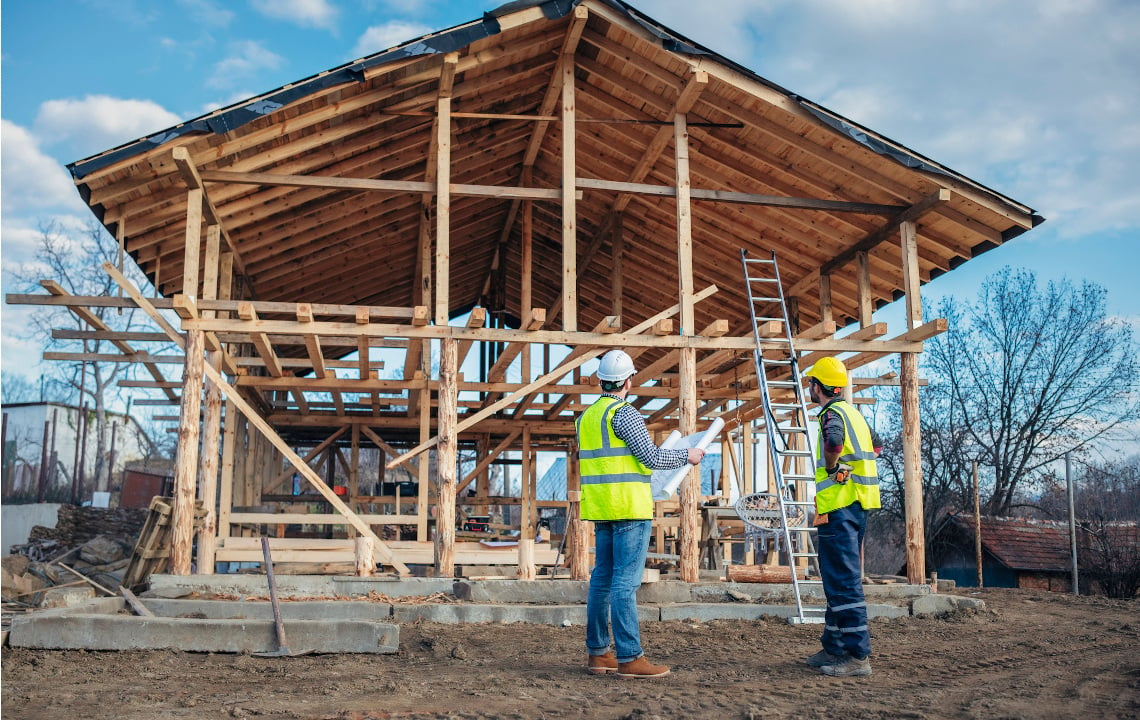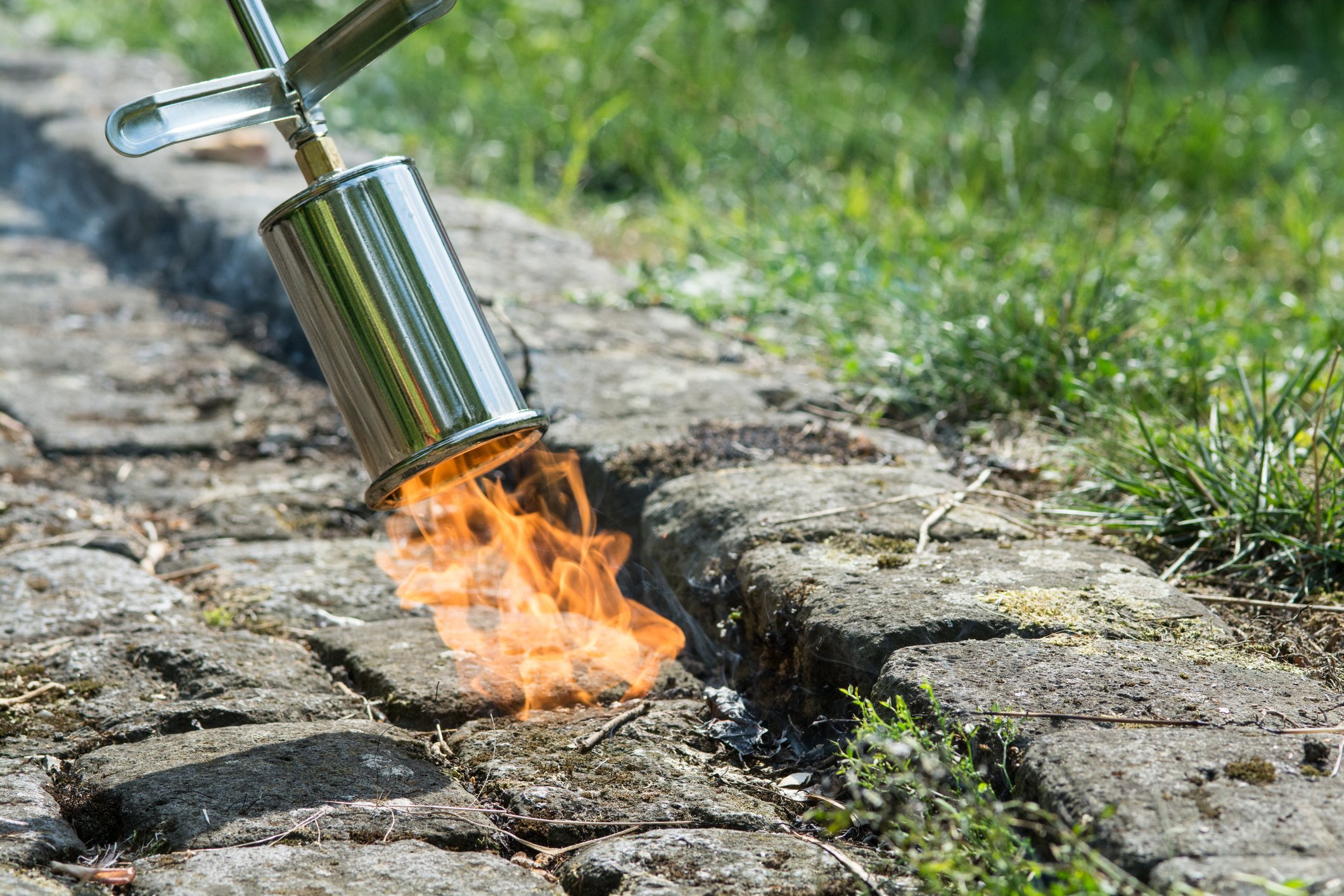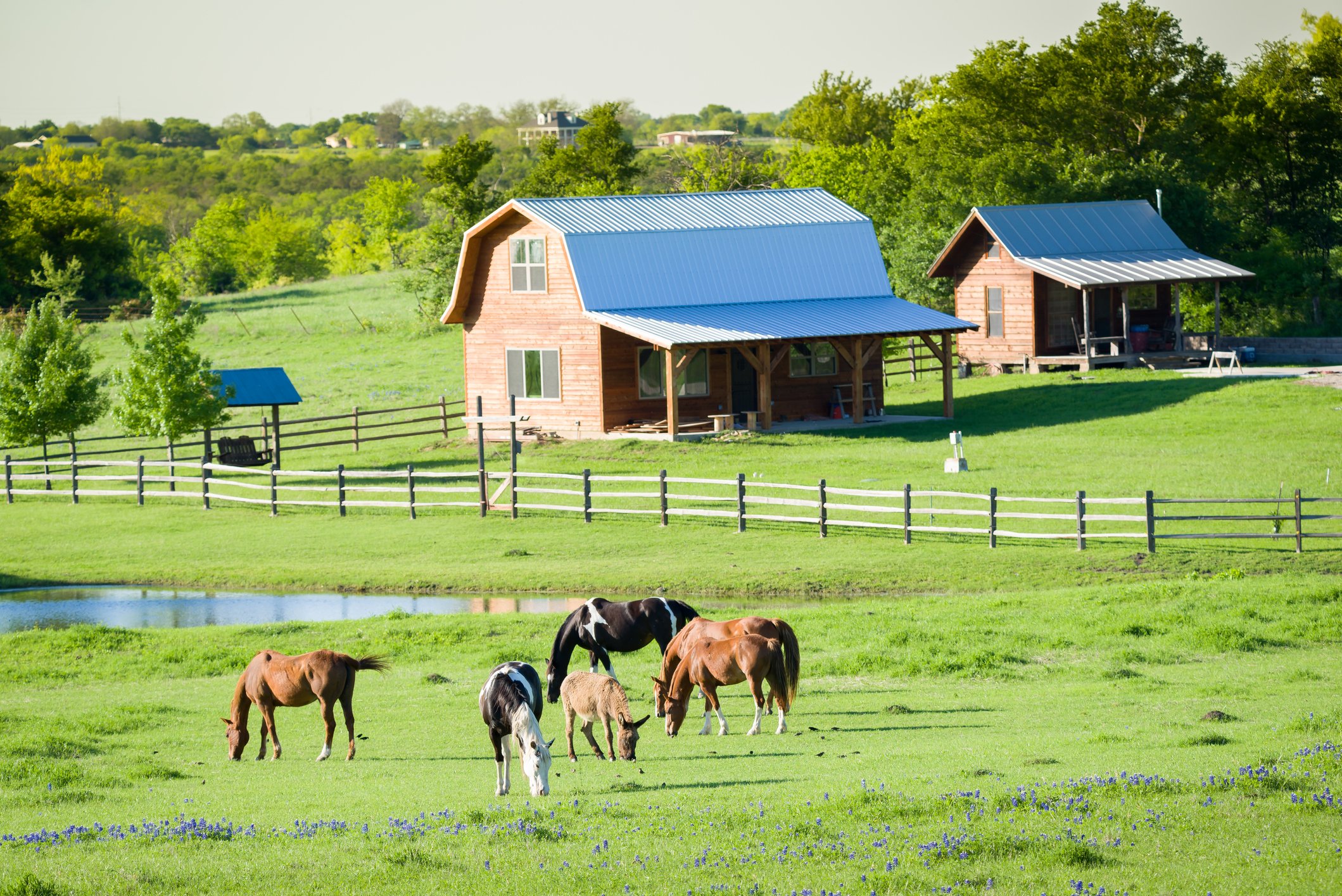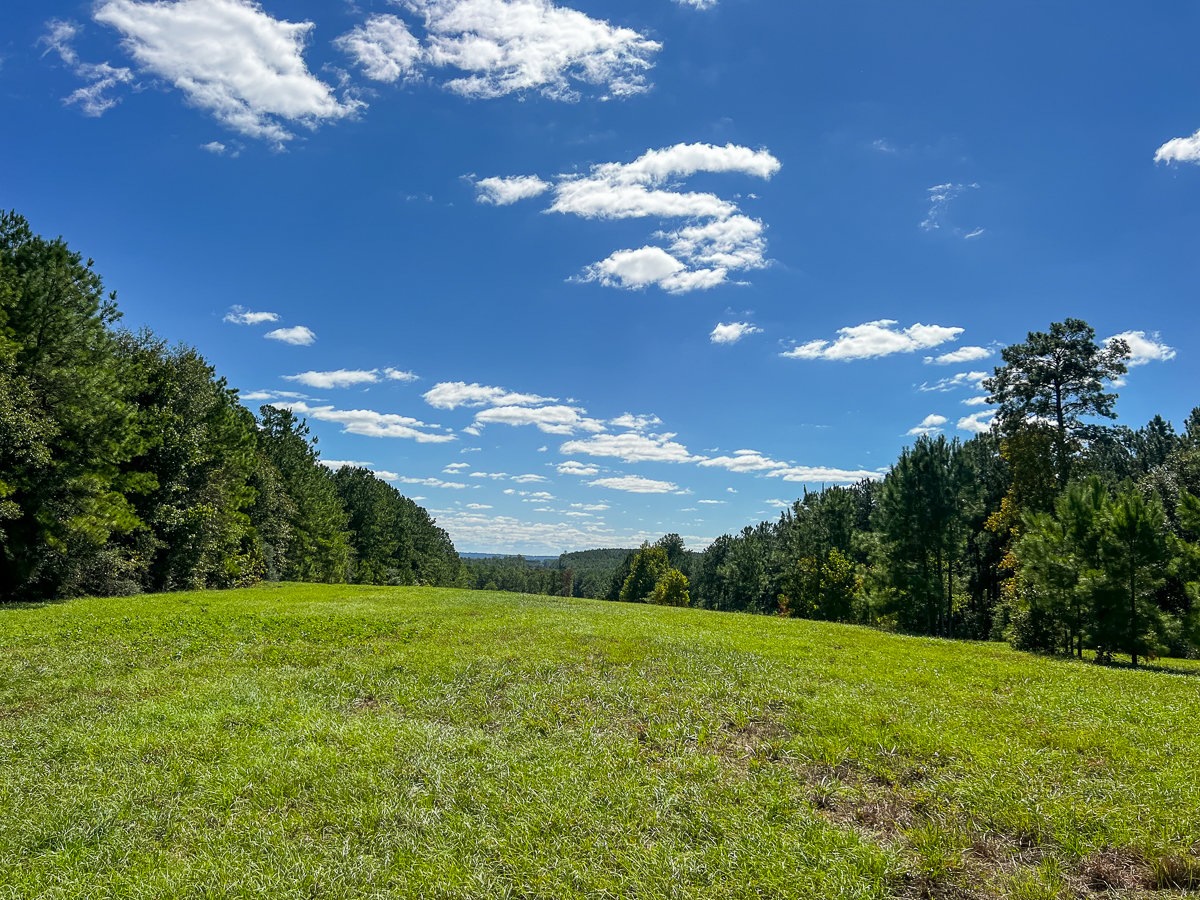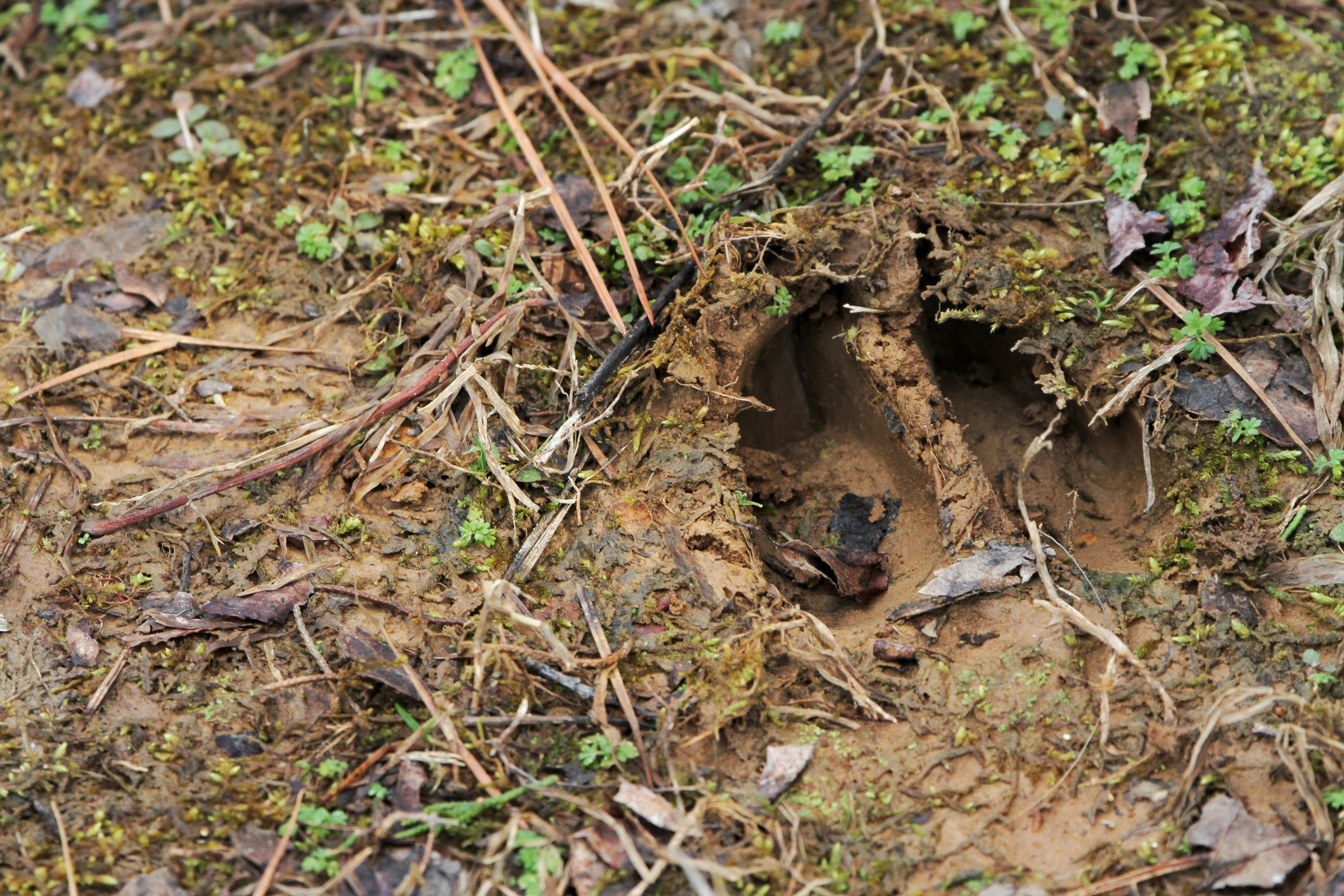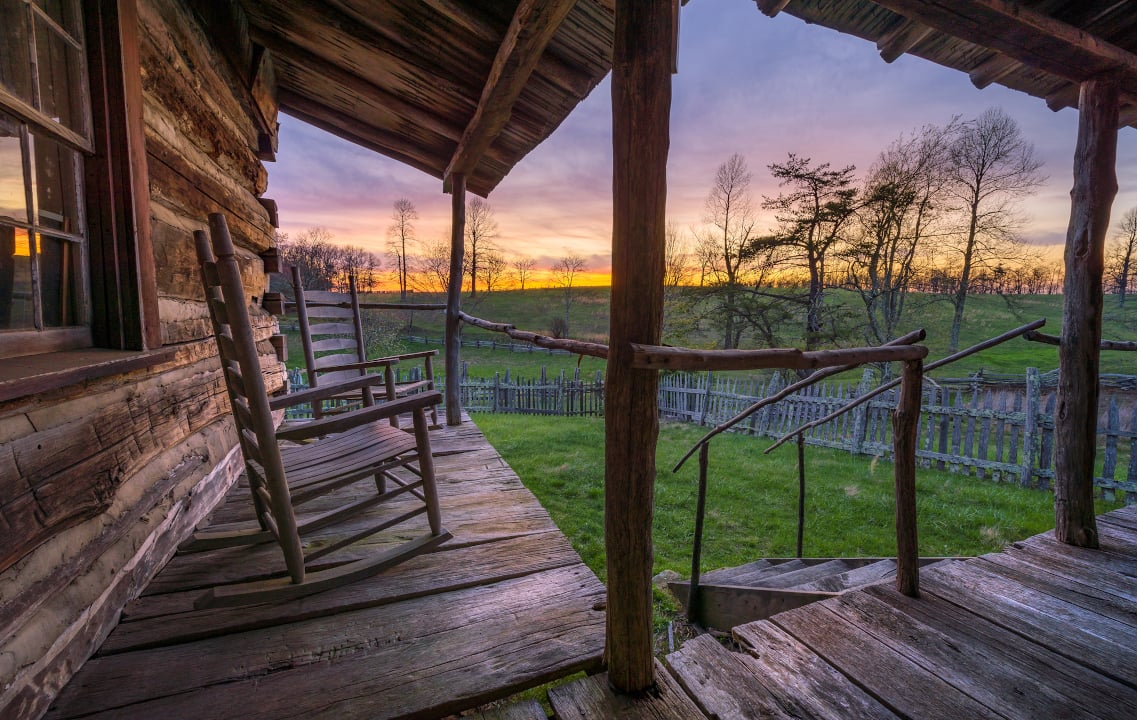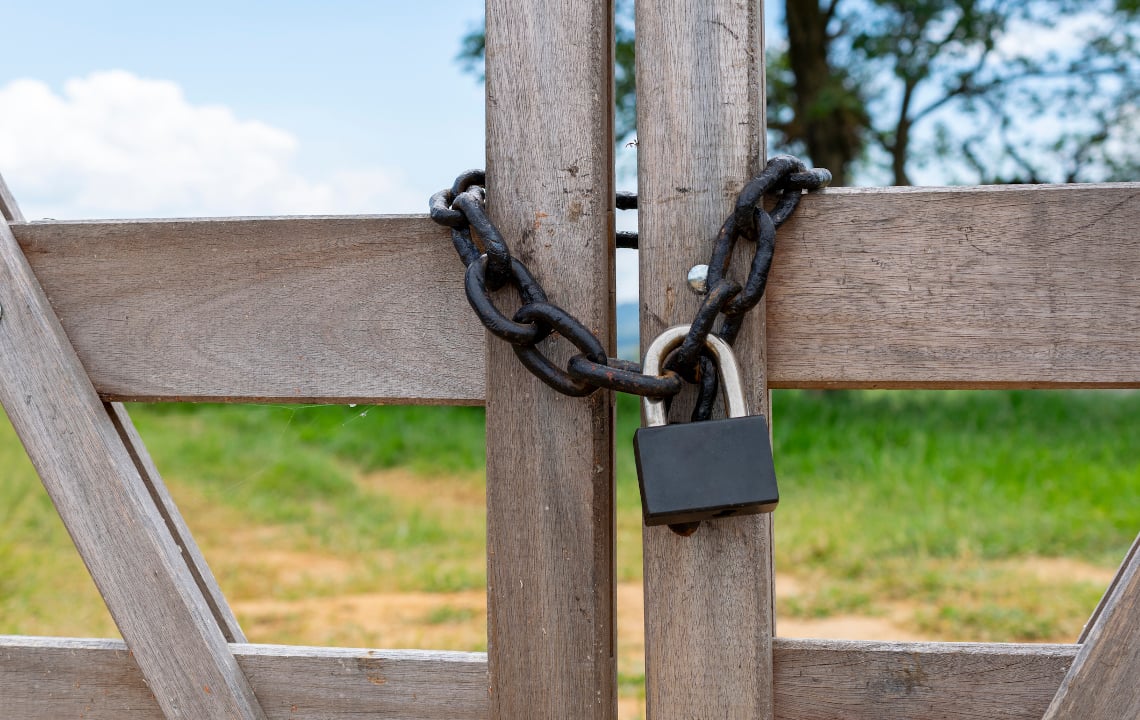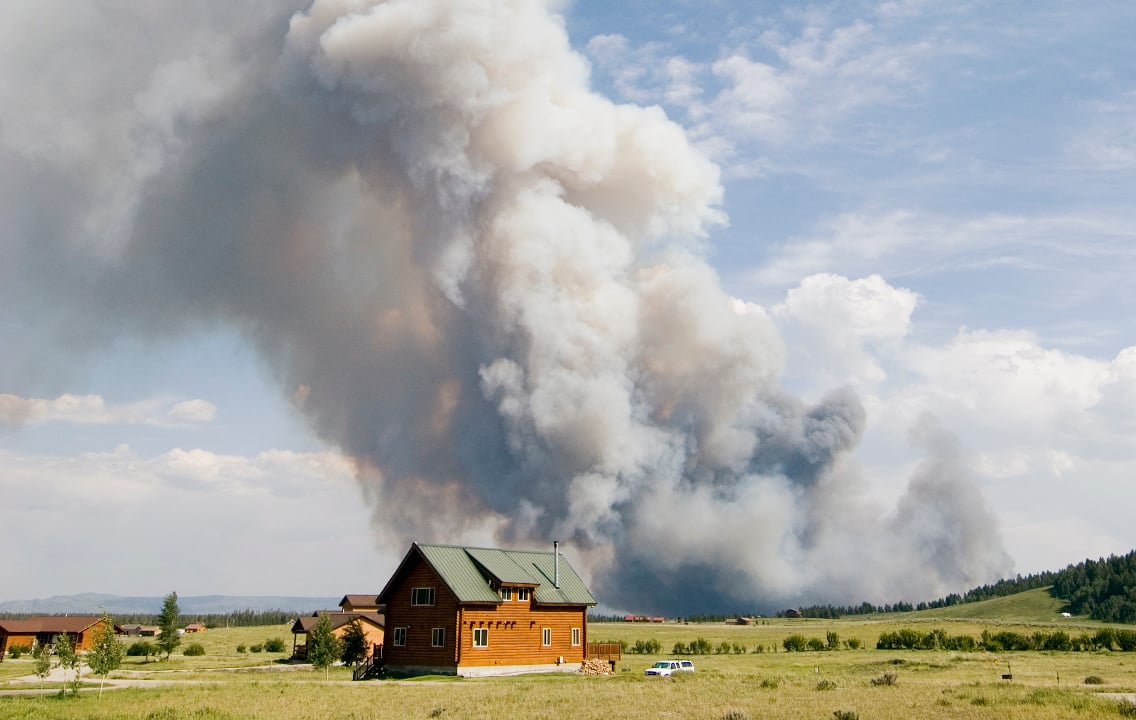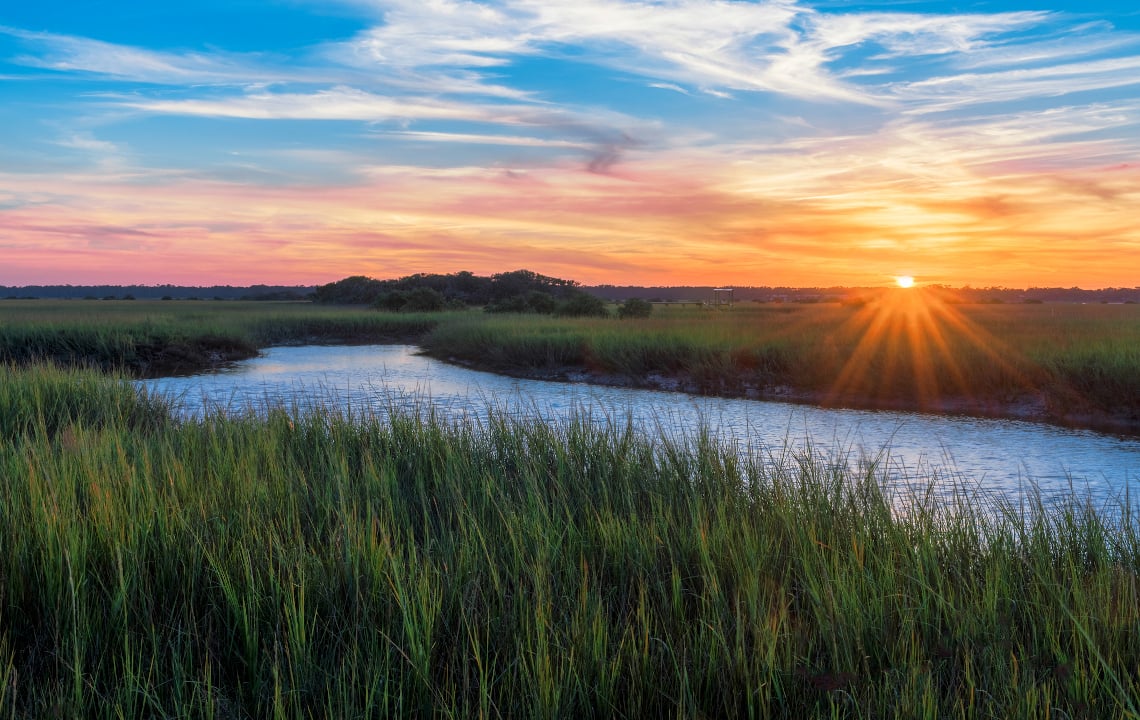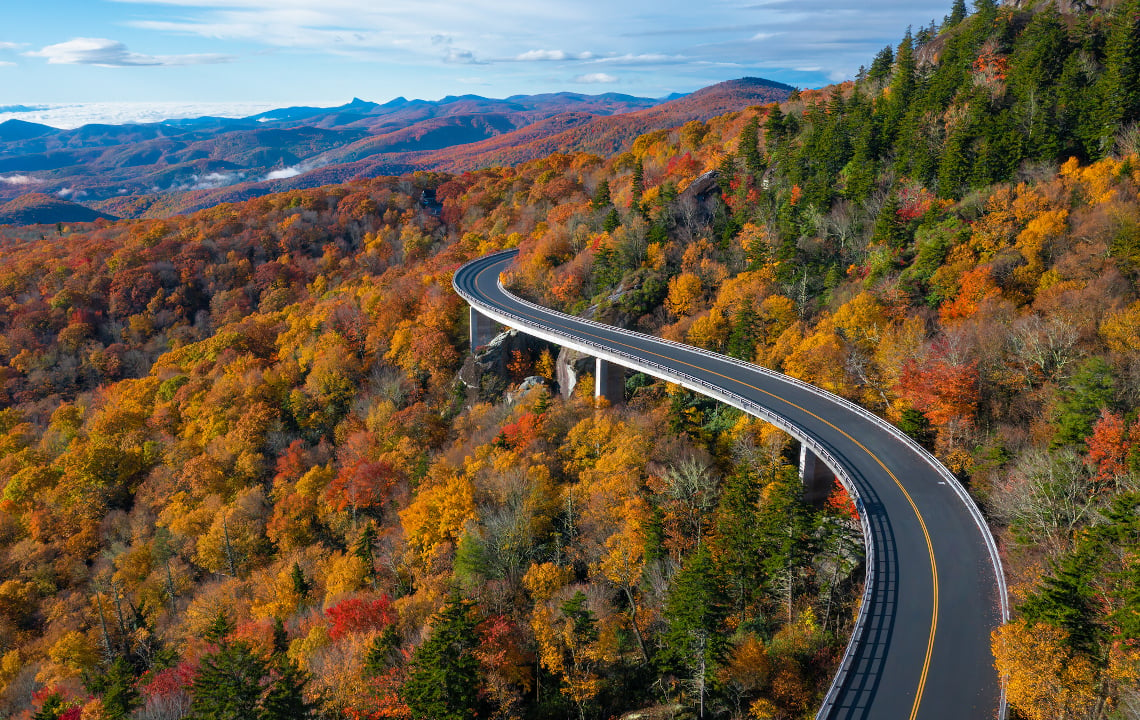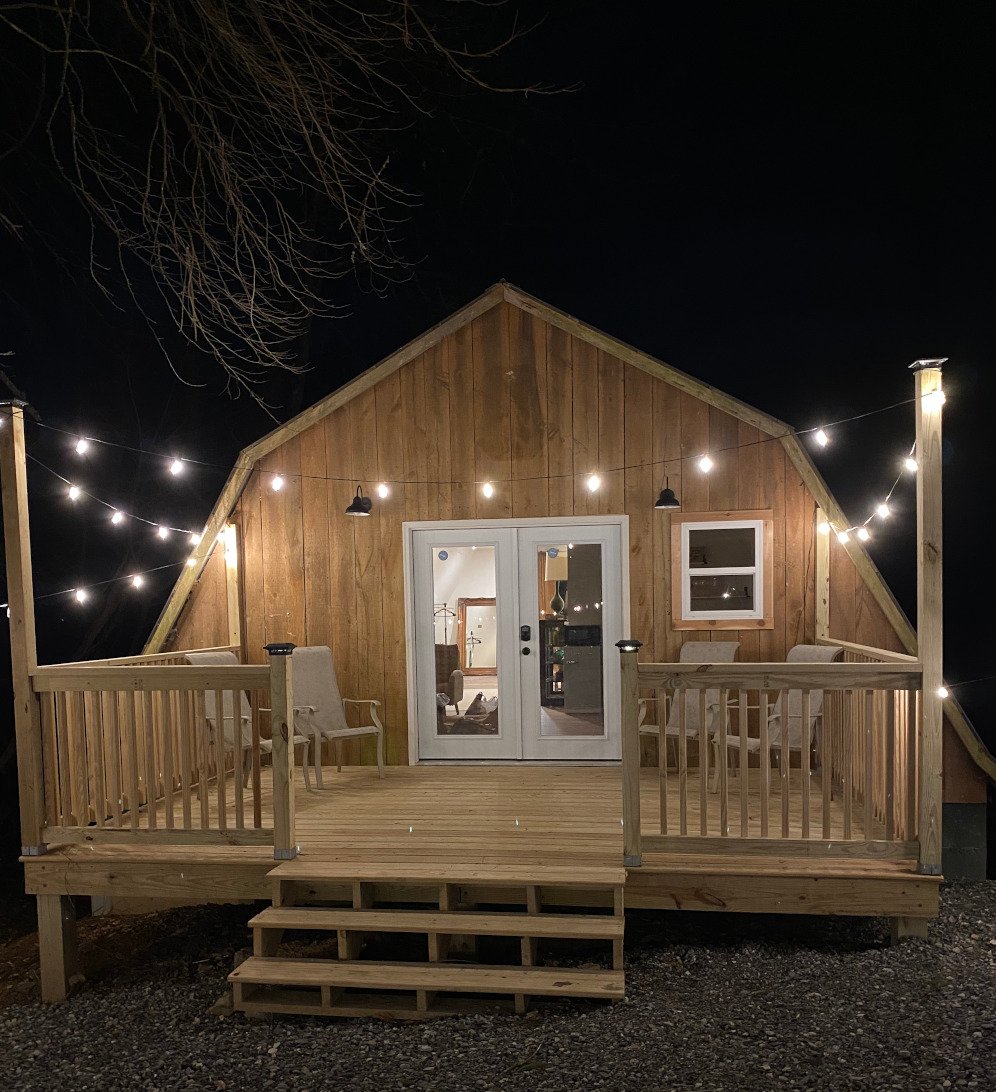Living the country life doesn’t require loads of land. You can make any size property special and specific to your needs by thinking through what you want.
Rob Morrow is a real estate broker in Louisiana and president of Morrow Land Group, LLC. He brokers land purchases and sales in Louisiana and has more than 37 years of experience in the forestry profession as well. He shares some of the ways clients have effectively used small tracts of property to make country living dreams come true.
 Morrow said less acreage, such as a 10-acre tract, is fine for siting a house or settling a mobile home if the land isn’t in a flood plain. In fact, lots on modest acreage might be considered the new bedroom community, an escape from urban areas, but with one difference: the sites are more often used for individual homeowners, not back-to-back homeowner neighborhoods. Morrow has seen a movement toward rural living on the edge of town in an area north of Lake Charles in south Louisiana.
Morrow said less acreage, such as a 10-acre tract, is fine for siting a house or settling a mobile home if the land isn’t in a flood plain. In fact, lots on modest acreage might be considered the new bedroom community, an escape from urban areas, but with one difference: the sites are more often used for individual homeowners, not back-to-back homeowner neighborhoods. Morrow has seen a movement toward rural living on the edge of town in an area north of Lake Charles in south Louisiana.
“We have a lot of expanding petro-chemical plants and have several people wanting to get out of that chaos,” Morrow says. “People want to get away from the cities--but not be so far away that they they can’t drive back and forth to work.”
Usually those who love country life love privacy as well.
“When you’re moving out of the city, you don’t want to see your neighbor,” says Morrow. For seclusion, people with limited acreage use their land judiciously. “What people do is clear a 1-acre spot in the middle of the 5 acres or 10 acres, and keep the timber around it as a buffer.”
Even as little as 5 acres or a bit larger is great for people’s recreational needs if the land is close to water, mountains or other desirable geography. “We divided a larger tract into 8 to 20-acre tracts,” says Morrow about a Walsh Land Brokers’ deal. “It was close to a river for people who were looking to have a camp or rural home in the woods.” The small-acre spots can be convenient for those leasing nearby area hunting rights, too.
Those with small acreage sites who plan to use the space for recreational purposes need to consider room for adequate storage. “Often people will erect a storage building as a place for woodworking or to work on cars or to store all their ‘toys,’” Morrow says. “At some of these places out in the country, you’ll see a couple of trailers for hauling a four-wheeler, a boat and even a barbecue cooker.”
Small-scale acreage requires less maintenance, too, which can be a consideration, especially for older people. Morrow cites his grandparents, who had only a couple of acres, “but they always had a garden and pecan trees and fruit trees.”
You can add attractiveness, too, no matter what size the property. For instance, Morrow says, “On five acres, you might dig a one-acre pond and make a water feature.”
Water means more birds, butterflies and bees to enjoy. Flowers, too, can be cultivated or grown wild on small plots of land.
There are, however, drawbacks to owning less acreage. Growing timber for profit, for instance, usually requires at least 20 acres of land.
“Loggers usually will not harvest 5-acre tracts unless they’re operating adjacent to your property because of the investment they have in the logging equipment,” explains Morrow.
Also, large animals, like horses or cows, require enough acreage for substantial sustenance grazing. But chickens can easily be raised on limited acreage property.
“I have friends who are on three-and-a-half acres and have free-roaming guineas in the yard and a chicken house in the back,” Morrow says.
Perhaps more important than the size of the tract are the amenities that come with it.
“For somebody who wants to build a house or use land for recreation, they want power and water,” Morrow says.
Are you ready to start your search for rural land? Raydient Places + Properties features acreage of varying sizes throughout the South. Visit RaydientPlaces.com to browse properties from Florida to Texas.


